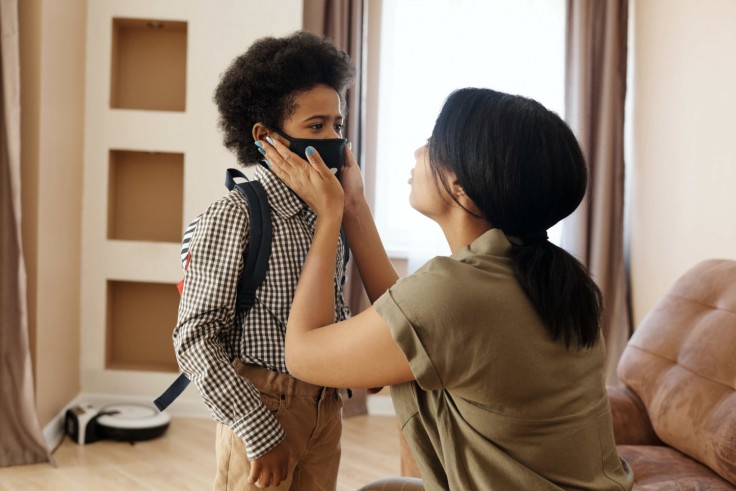
NIAID Director Anthony Fauci said on Sunday that children under the age of 12 would be able to get a COVID-19 vaccine possibly by the end of the year, but most likely during the first quarter of 2022.
Vaccinating children will assist states and local governments in reopening schools and healthily returning to in-person classes. According to the Centers for Disease Control and Prevention or CDC, while children have been infected with COVID-19 at a lower rate than adults, they can still contract the virus, become seriously ill, and transmit it to others.
According to National Institute of Allergy and Infectious Diseases Director Dr. Anthony Fauci, the government's top epidemiologist, research on COVID-19 vaccine safety for younger children is now underway. However, more data is required to ensure that the three vaccines approved by the FDA can be safely administered to younger children.
Fauci said on NBC's "Meet the Press" on Sunday, "If you project realistically when we will be able to get enough COVID-19 vaccine data to be able to say that elementary school children will be able to be vaccinated, I would think that would be, at the earliest, the end of the year, and very likely the first quarter of 2022."
He predicts that elementary school-aged children would be able to collect COVID-19 vaccines early next year.
According to Fauci, high school students are likely to get COVID-19 vaccines at the start of the school year in the fall. He said, "But for the high school kids, it looks like sometime this fall. I'm not sure it's exactly when the first-day school opens, but pretty close to that."
Fauci's remarks come as a national controversy about how many teachers and potential students can get the COVID-19 vaccine before schools can reopen safely for in-person learning.
Some teachers worry that they would be sent back to work without access to a COVID-19 vaccine after the Biden administration promised that schools would reopen within the president's first 100 days in office.
Why is the COVID-19 vaccine necessary for children?
"Do we really have to immunize children if the disease has very few side effects in their age group?" is a question that some people might have.
COVID-19 deaths among children are currently projected to account for 0.06 percent of all deaths, according to the American Association of Pediatrics. However, figures do not tell the full tale of this virus's catastrophe in children.
These are tragically small numbers for a disease that seems to be preventable. However, there is almost definitely a subgroup of identifiable patients (those with pre-existing conditions) that may be given the vaccine on an emergency authorization basis until more evidence on vaccine safety in their age group is available, or even before that.
Experts cannot say the same for SARS-CoV-2, whose symptoms are at times mild, leading to the suspicion that many active cases have gone undetected. Unfortunately, some very low mortality has occurred, almost exclusively in children with severe pre-existing conditions such as heart, lung, or immunodeficiency syndromes. This is, however, also true in infants under the age of one year.